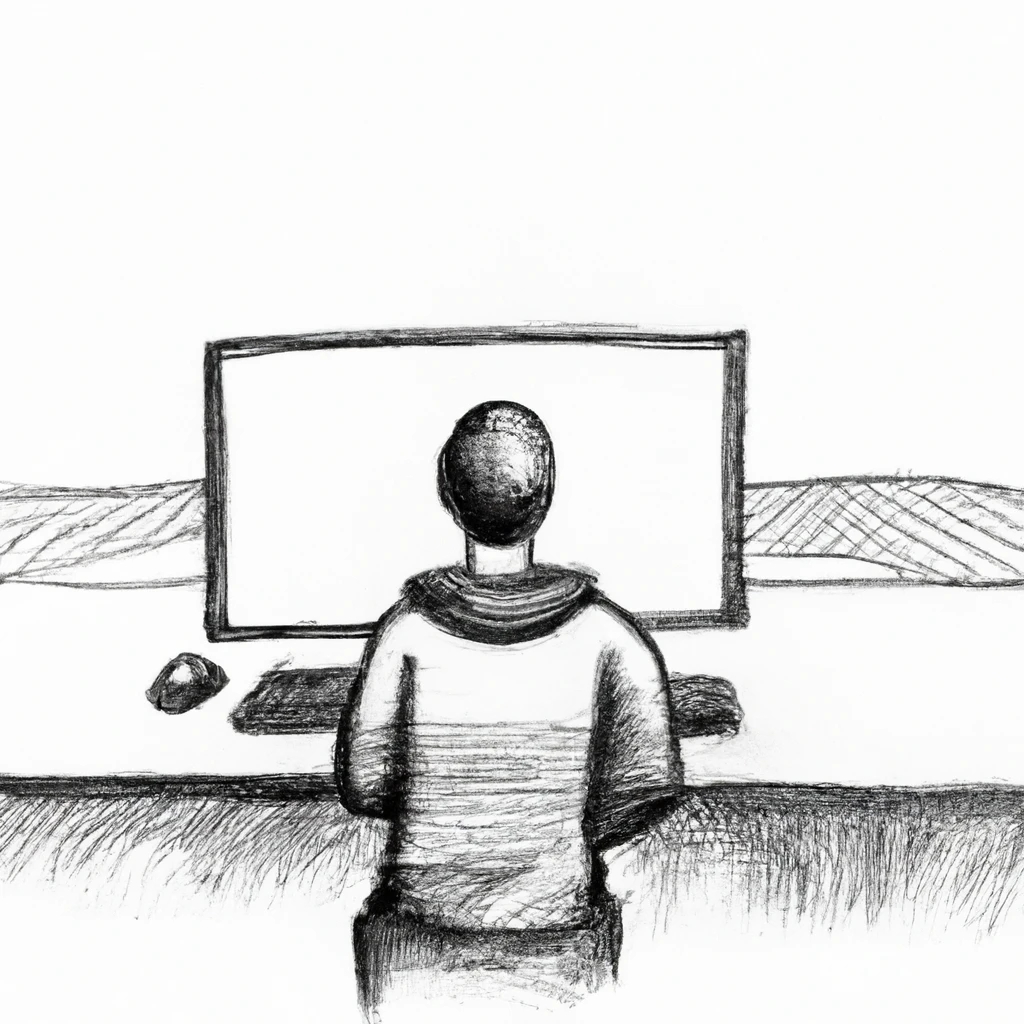
The Downsides of Remote Work
Author’s Note: I really struggled writing this. I am a staunch proponent of remote work, and think most of the RTO efforts I read about are misguided at best. Being remote isn’t all unicorns and sparkles though, and I wanted to get that down in writing without sounding like I’m in favor of the madness I’m observing from big tech.
Working from home is generally pretty great. I’m thankful the remote work experiment thrust on us by the pandemic didn’t fail spectacularly1. I hope that my home office will be my primary office for the rest of my career. But some days being in my home office all day is a struggle, and I think a regular office environment might be nice. It’s worth acknowledging that remote work isn’t a panacea to all the horrors of the modern open office.
The things that come to mind about what makes remote work hard:
- It’s a lot harder to get ready for work in the morning.2
- It gets lonely at times.
- It’s hard to form good working relationships with your coworkers.
- Building a high performing team is more difficult.
- It requires more mental discipline than being in an office.
- It’s harder to grow your career if you’re not already established.
- Asking for and receiving help takes more time and effort.
- It’s easy to feel like a freelancer even when you are a salaried employee.
- Video chat is still a poor substitute for in-person discussions.
- Scheduled “social hour” meetings on the calendar are painful at best.
The act of showing up every day to an office is comparatively easier. It enforces a routine and allows you to be visibly present. Relationships are the predominant currency in companies, and face time is an easy way to build up that currency.
Establishing and maintaining healthy relationships with your coworkers gets put on hard mode when you’re remote. It requires explicit and planned effort to interact with your coworkers for more than a few hours a week. I do not bemoan people advocating for a return to office in order to get people working more closely together. That’s important, and it’s hard when everyone is remote. But just because its hard doesn’t mean it’s not worth doing. I would rather put in the hard work to make remote work successful than return to the before times when best part of my day was my bike commute.
The other aspect of working remotely I’ve found challenging is feeling a sense of belonging and shared purpose with your coworkers. I’ve changed jobs since shifting to full remote, and it was a bit unnerving to swap out one MacBook Pro for another while having nothing else change about my home office. When your coworkers are just names scrolling by on Slack, and a collection of faces on video calls, it’s difficult achieve that same sense of community you get from being in an office every day3. In my first year I was fortunate to meet most of the engineering staff in person at the annual on-site, but that still amounted to less than 10% of the company. The upside is that I find it far easier to mentally detach from work at the end of the day, but it’s a very real tradeoff for the feeling of connection you can get on a tight knit team.
I’m optimistic the next generation of communication tools and technologies will help reduce the friction of remote work. There is a future where asynchronous communication and virtual spaces can allow for healthy and productive teams to form in companies. I expect that will happen far sooner than companies and commercial real estate developers will figure out how to transform the traditional office into something better for in-person work.
Footnotes
-
I think it’s important to recognize that most of 2020 and 2021 was not an intentional shift to remote work, but trying to work through a crisis. There was nothing planned or intentional about it. We all had to learn how to work remotely in the worst conditions, and our impression of remote work was tainted by everything being suddenly remote, not just work. The fact that we all didn’t go running back to the office after a year of isolation says a lot about the current state of office work. ↩
-
I’m talking properly getting ready for work. Shower, breakfast, clothes that aren’t pajamas. This goes along with getting in the mindset for work, even when it doesn’t involve leaving the house. ↩
-
I’m making the assumption that first you actually like your job and work with a team of kind and empathetic people. If you work with assholes and hate your job, remote work might make that more tolerable, but really you just need to find a better job. ↩